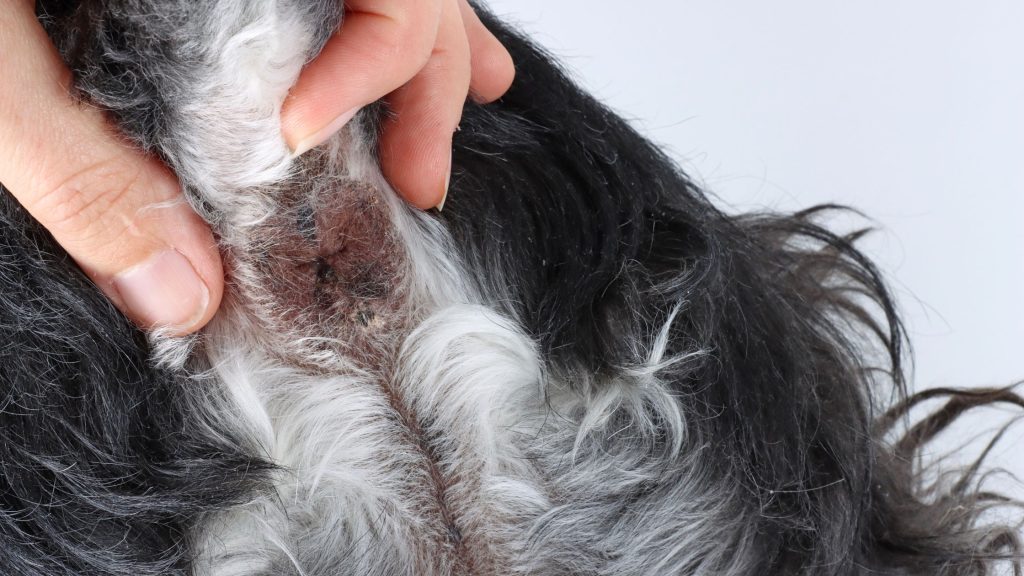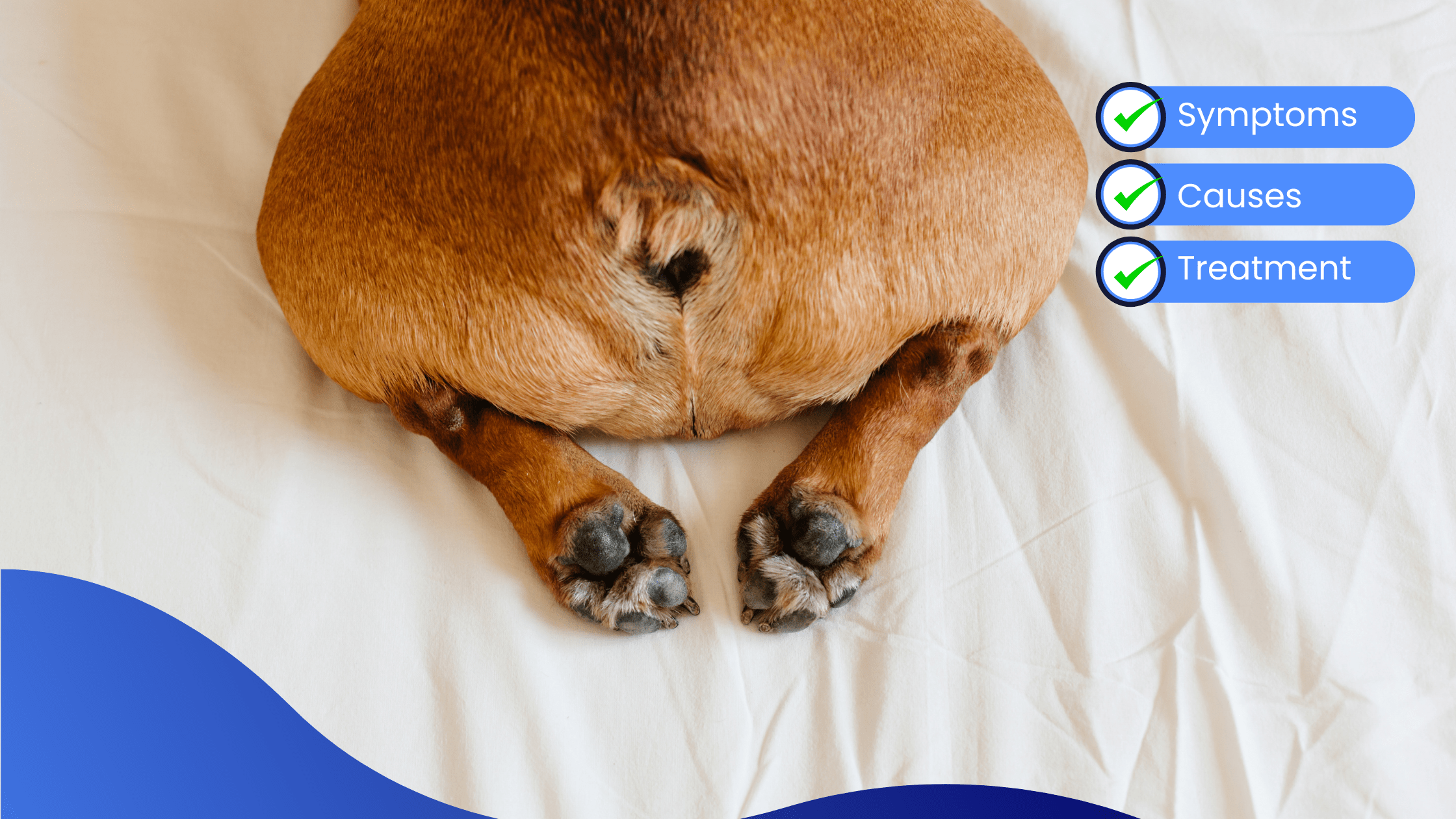In this comprehensive guide, we’ll delve deep into the anatomy, function, and potential issues surrounding pet anal glands. Whether you’re a seasoned pet owner or a curious novice, join us as we unravel the mysteries behind these fascinating glands.
What are anal glands?
The anal glands produce a foul-smelling, oily fluid that serves several purposes in the animal kingdom. While the exact function of these glands in domestic pets isn’t entirely clear, in wild animals, it’s believed that the scent from these glands helps in marking territory or identifying individuals.
In domestic pets, the anal gland fluid is usually expelled during bowel movements, particularly when the stool presses against the glands, causing them to empty. However, in some cases, these glands may become impacted or fail to empty properly, leading to discomfort, irritation, and potential health issues for the pet.
Due to the potential problems associated with anal gland issues, such as impaction, infection, or abscesses, some pets may require manual expression of their anal glands.
What is anal gland expression?
Anal gland expression, commonly referred to as “anal gland emptying” or “anal sac expression,” is a procedure performed on pets, primarily dogs and cats, to relieve discomfort or prevent potential health issues related to their anal glands.
Pets have two small glands located on either side of their anus, known as anal glands or anal sacs. These glands produce a smelly, oily substance that is normally expelled during bowel movements. However, in some cases, these glands may become impacted or fail to empty properly on their own. This can lead to discomfort, irritation, and even infection for the animal.
Anal gland expression involves manually squeezing the anal glands to release their contents. The process typically involves the following steps:
- The pet is positioned in a way that allows easy access to the anus.
- The practitioner wears gloves and applies gentle pressure to the glands located at around 4 and 8 o’clock positions around the anus.
- The practitioner applies steady pressure to express the contents of the glands. This material is usually foul-smelling and may vary in color and consistency.
- Once the glands are emptied, the area is typically cleaned to remove any remaining material and reduce the risk of infection.

While some pets naturally express their anal glands during bowel movements, others may require regular manual expression to prevent issues such as impaction, abscesses, or infection. Signs that a pet may need anal gland expression include scooting or dragging their rear on the ground, excessive licking or biting around the anus, foul odor emanating from the rear, or signs of discomfort when defecating.
When and why would our pets need their anal glands expressed?
Pets need their anal glands expressed for several reasons:
What are the benefits of anal gland expression in pets?
Anal gland expression in pets offers several potential benefits:
Overall, regular anal gland expression can contribute to the overall health and comfort of pets, particularly those prone to anal gland issues. However, it’s important to note that anal gland expression should only be performed when necessary and under the guidance of a trained professional, such as a veterinarian or groomer, to avoid causing injury or discomfort to the pet.
April is Anal Gland Month!
For the whole of April we are offering anal gland expression for only £10!

Thank you for reading, until next time…

